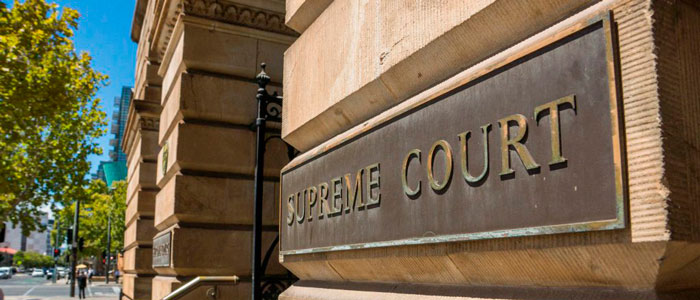
There are two main ways of disputing a will or contesting an estate. One is to say the will is invalid. The other is to say you have not received a fair share of the inheritance.
Treloar & Treloar represent people who wish to challenge or contest a will. We also act for those who wish to defend and uphold the validity of a Will, or uphold the gifts in a will.
If you wish to contest a will, time is of the essence. It is essential you seek advice as early as possible.
Challenging Validity
A will might be invalid for a number of reasons, such as:
- the person making the will did not have the mental capacity to understand the effect of what he or she was doing;
- the person making the will did not know the contents of the Will, or did not approve of the contents;
- undue influence or pressure was exerted upon the will maker so that the will represents someone else’s wishes;
- the will was procured by fraud or false representations;
- the signature was forged.
Treloar & Treloar is at the forefront of litigation about the validity of wills. We know what must be proved, and we give sound practical advice about your prospects of successfully proving or defending a validity claim.
Our firm also appreciates the benefits of resolving matters as quickly and efficiently as possible. This allows all involved to move forward with their lives. We can work with you to negotiate a settlement, where possible.
Challenging Provision
In South Australia, the Inheritance (Family Provision) Act 1972 governs claims for further and better provision from an estate.
Only spouses, “domestic partners”, former spouses or former “domestic partners”, children and grandchildren can automatically bring an Inheritance Act claim against an estate. Parents, siblings and step-children have a limited right to bring an Inheritance Act claim.
An applicant must show he or she is in financial need, but having a mortgage or dependants is often enough to satisfy that step. Some people may also have to show they have supported the deceased person during his or her life.
Every situation is different. We take care to understand your story, and to achieve the best outcome for you. Sometimes that will involve reaching a settlement to avoid the cost and inconvenience of a trial: sometimes that will mean pushing ahead to realise your full entitlement.
